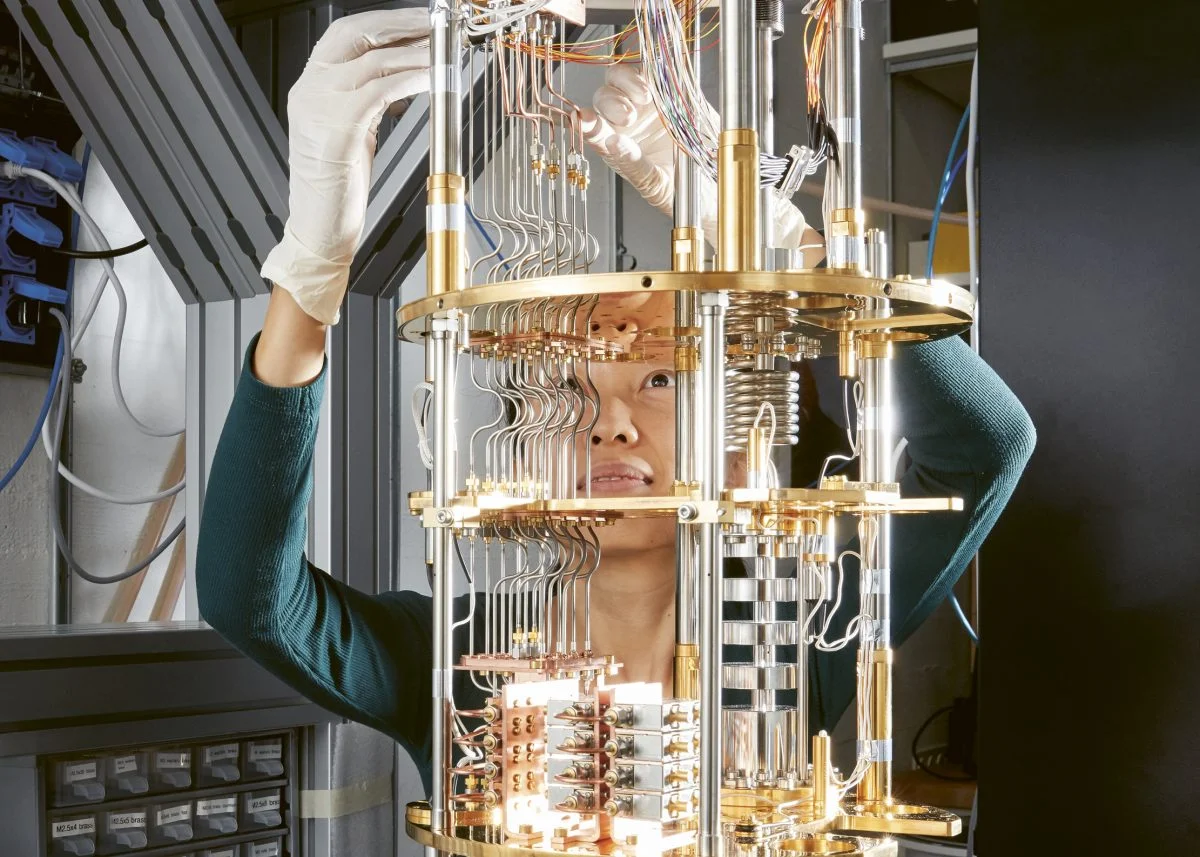“It’s like building a rocket”
Since 2020, Apple has been funding the research of outstanding doctoral students in artificial intelligence and machine learning across the world, including at ETH Zurich. Jonas Rothfuss is an Apple Scholar 2021/22.

You’ve been studying for a doctoral degree with computer science professor Andreas Krause since 2019. In 2021 you were made an Apple Scholar – what did that mean for you?
JONAS ROTHFUSS – The most important thing for me was the practical. In order to place me in the right team, my contact person at Apple asked me which mathematical methods I wanted to explore. I was interested in reinforcement learning, which is the mathematical equivalent of what humans or animals do when they learn through trial and error, through positive and negative feedback. Algorithms can also learn like this.
What can you tell us about your practical at Apple in Zurich?
Many things are subject to confidentiality. In the beginning, I didn‘t know either what my team was actually working on. What I can say is that I found it really cool! It was a very different experience from the academic world. Just the scale of the research project itself: there are hundreds of people worldwide working together towards one goal, and the time horizon spans 10 years. The spirit is not competitive, which is how I experience the university environment, but collaborative. It‘s a bit like building a rocket at NASA; you either win together or get fired together. I was an equal team member, and was often asked how I would tackle this or that mathematical problem.
What fascinates you about artificial intelligence and machine learning?
We are an auxiliary science, designing methods that can be applied to many different disciplines. This means we can make a big impact – in medication research, climate research or in the field of mobility. Just as I use algorithms ten times a day that were developed by researchers ten, twenty or even thirty years ago, I hope that what we’re researching at ETH today will become a standard tool for people in a few decades. I also find the topic of learning itself incredibly exciting. We as humans don‘t even understand ourselves how we learn! For example, we want a self-driving car to drive well – but what does ‘drive well’ mean? And how can we formulate this mathematically? We quickly reach our limitations because we don‘t really know how we do this ourselves. That’s why in machine learning we work with examples; this is good driving, this is bad driving. We’ve seen that we get much further with this approach.
The scholarship includes a mentorship with someone from Apple. Who is that with you?
Brian Amberg, who heads a research department at Apple in Zurich. We have regular video calls and Brian asks me how things are going. He originally owned a startup that was bought by Apple. I‘m very interested in his ideas on entrepreneurship.


